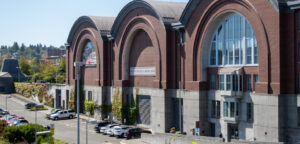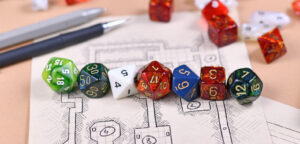
Project Management Tips to Reduce End-of-Term Stress
The end of a term typically brings increased stress to educators. To borrow a term used by Cross and Dillon (2023), stress often “snowballs” throughout the term and then reaches a crescendo at the end. The reasons are varied: exam grading, essay grading, submission











